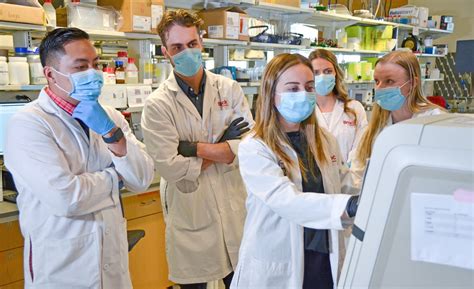Clinical research coordinators play a pivotal role in advancing medical knowledge and improving patient care. Their meticulous work behind the scenes ensures that clinical trials are conducted ethically, efficiently, and in compliance with strict regulations.

What is a Clinical Research Coordinator?
A clinical research coordinator (CRC) is a healthcare professional responsible for managing all aspects of a clinical research study at a site. They are the bridge between investigators, patients, sponsors, and regulatory authorities, ensuring that the trial is executed according to protocol and that patient safety and data integrity are maintained.
Responsibilities of a CRC
CRCs have a wide range of responsibilities, including:
- Recruitment and Enrollment: Identifying and enrolling eligible patients into clinical trials.
- Data Collection and Management: Collecting, processing, and analyzing patient data throughout the study.
- Protocol Adherence: Ensuring that the study is conducted in accordance with the approved protocol and all applicable regulations.
- Patient Care: Monitoring patient health and well-being, addressing any adverse events, and providing support throughout the study.
- Communication and Coordination: Maintaining effective communication with investigators, patients, study staff, and regulatory authorities.
Why Clinical Research Coordinators Matter
CRCs are essential to the success of clinical research for several reasons:
- Protect Patient Safety: They ensure that patients are informed of the risks and benefits of the trial, and that they are protected from any potential harm.
- Enhance Data Quality: They collect and manage patient data meticulously, which is crucial for the validity and reliability of research findings.
- Foster Collaboration: They facilitate communication and collaboration between researchers, patients, and other stakeholders, creating a supportive environment for clinical research.
- Accelerate Medical Advancements: CRCs help bring new and innovative treatments to market by ensuring that clinical trials are conducted efficiently and effectively.
Benefits of Becoming a CRC
A career as a CRC offers several benefits:
- In-Demand Profession: The demand for CRCs is high due to the growing number of clinical trials being conducted.
- Meaningful Work: CRCs contribute directly to the advancement of medical knowledge and the improvement of patient care.
- Professional Growth: CRCs have opportunities for continuous learning and career advancement within the healthcare field.
- Competitive Compensation: CRCs typically earn competitive salaries and benefits packages.
Becoming a CRC
Aspiring CRCs typically have a bachelor’s degree in healthcare or a related field. They also require training in Good Clinical Practice (GCP) and experience in clinical research.
Common Mistakes to Avoid
CRCs should avoid the following common mistakes:
- Lack of Communication: Failing to communicate effectively with patients and stakeholders can lead to misunderstandings and delays.
- Protocol Deviations: Not adhering strictly to the approved protocol can compromise data integrity and patient safety.
- Data Management Errors: Inaccurate or incomplete data collection can invalidate research findings.
- Patient Safety Oversights: Failing to prioritize patient safety can put them at risk and jeopardize the entire study.
- Lack of Professionalism: Unprofessional conduct can damage relationships with patients, investigators, and study staff.
Conclusion
Clinical research coordinators are the unsung heroes of medical advancements. Their meticulous work ensures that clinical trials are conducted safely, efficiently, and in compliance with regulations. By performing their duties with excellence, CRCs contribute significantly to the discovery of new treatments and therapies that improve the lives of patients worldwide.
